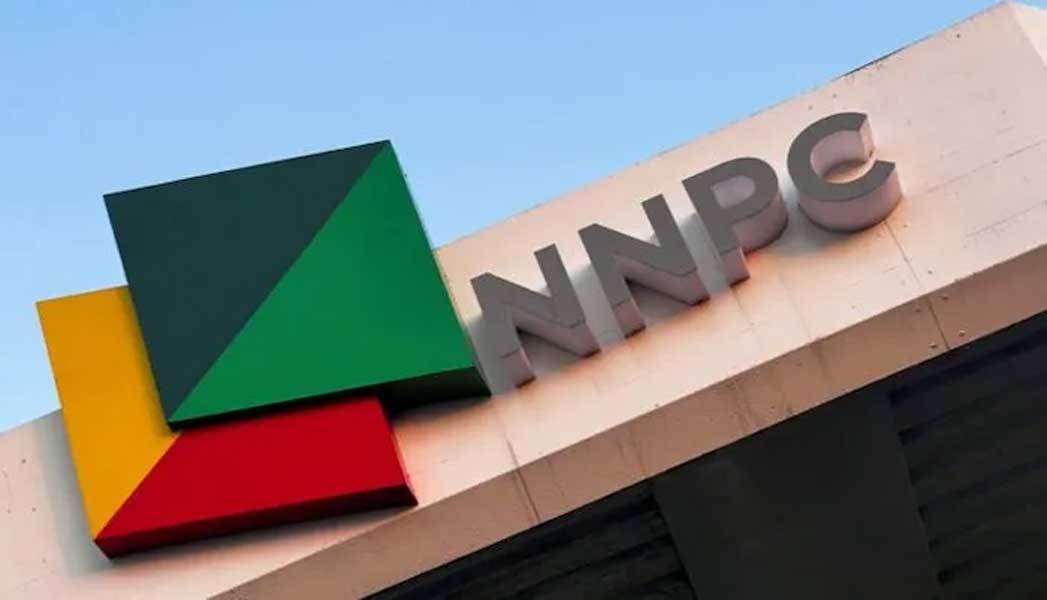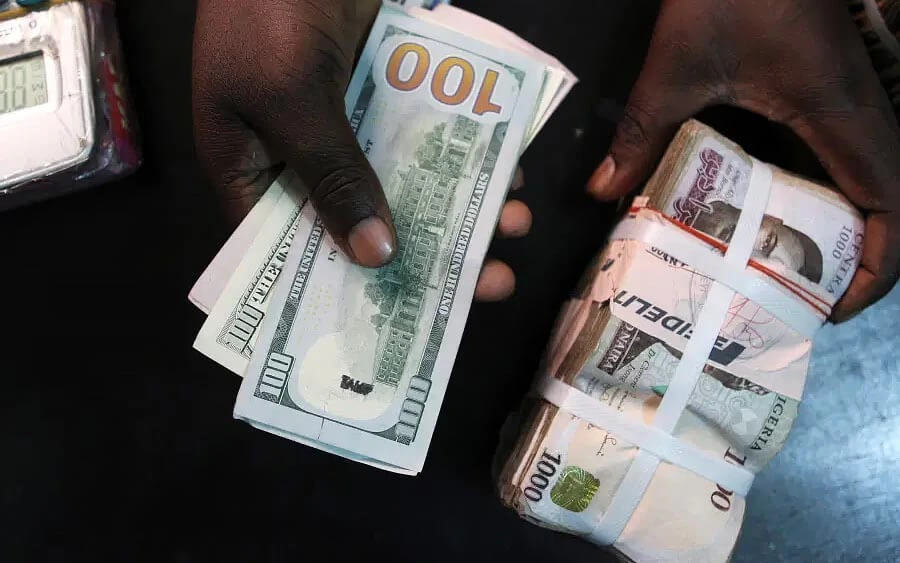How NNPC Ltd Guaranteed Supply, Stabilized Petrol Price With Naira For Crude Oil Deal

To say that the Nigerian National Petroleum Company Ltd has managed to take control of petrol prices by shifting the currency dynamics of crude oil transactions would be stating the obvious.
In October 2024, the Federal Executive Council approved that 450,000 barrels intended for domestic consumption be offered in Naira to Nigerian refineries, with the Dangote Refinery acting as a pilot project.
Under the deal, the NNPC from October 1, 2024, commenced the supply of about 385,000 barrels per day of crude oil to the Dangote Refinery to be paid for in Naira. In return, the Dangote Refinery was to supply PMS and diesel of equivalent value to the domestic market to be paid for in Naira.
Diesel was also sold in Naira by the Dangote Refinery to any interested offtaker and all associated regulatory costs (NPA, NIMASA, etc.) will also be paid for in Naira.
The move to settle deals with refineries in Naira rather than the commonly used United States dollar is not just an economic strategy; it’s a testament to Nigeria’s growing self-reliance and an assertion of its role in the global energy market. This game-changing policy has stabilized petrol prices at a time when oil price volatility and currency fluctuations have wreaked havoc on economies worldwide.
For decades, Nigeria’s reliance on the United States dollar for oil transactions has made the cost of importing refined petroleum products unpredictable. The price of petrol in the country has largely been determined by the vagaries of the global market and the volatility of the Naira. This often led to rising fuel costs whenever there was a slump in the value of the Naira or when oil prices surged. In some instances, fuel shortages became frequent, and Nigerians bore the brunt of this erratic pricing.
The NNPC’s strategic move to pay for crude oil imports in Naira has been able to reduce the pressure of external exchange rate fluctuations on the cost of fuel, and ensure more stability in petrol pricing. By leveraging the Naira for crude oil deals with refineries, the NNPC has mitigated the risk of inflationary pressures caused by currency devaluation, fostering an environment conducive to price predictability.
Under this arrangement, the NNPC has made over 48 million barrels of crude oil available to Dangote Refinery since October 2024.
In aggregate, the NNPC has made over 84 million barrels of crude oil available to the refinery since its commencement of operations in 2023.
One of the immediate benefits of the Naira-based transactions is the strengthening of the Nigerian currency. Rather than relying on the volatile global dollar exchange, the country may have begun to create a demand for its own currency in the international energy markets. This demand could help stabilize the Naira, offering relief to both consumers and businesses who have struggled with an overdependence on foreign currencies for trade.
Moreover, this development is an endorsement of Nigeria’s economic sovereignty. By moving away from the dollar, the NNPC has set a precedent for future oil deals, encouraging other African nations and even emerging economies to explore similar strategies. It demonstrates that countries can, in effect, unbundle their energy pricing from the instability of foreign currencies—something that could ripple across global energy markets.
The immediate impact of the Naira-denominated crude oil deals is the stabilizing effect on petrol prices. This policy eliminates one of the most significant drivers of unpredictable price increases, which is the fluctuations in the value of the Naira against the US dollar. As global oil prices continue to fluctuate, Nigeria’s move toward a more stable, localized currency model ensures that the country is less vulnerable to external economic pressures.
Fuel is an essential commodity that impacts every sector of the economy, from transportation to manufacturing to agriculture. By stabilizing the price of petrol, the NNPC has created a more predictable economic environment that has benefitted businesses and consumers alike. It has also reduced the likelihood of sudden price hikes, alleviating the pressure on households that are already grappling with inflation.
In addition to stabilizing petrol prices, this initiative is a stepping stone towards increasing local refining capacity. The federal government has long recognized the need to reduce the country’s dependence on imported refined petroleum products.
By settling payments in Naira, the NNPC has also increased the likelihood of more refineries coming on board to work with local currency, further incentivizing investment in Nigeria’s oil refining sector.
The shift could also motivate both local and foreign investors to consider the Nigerian market as an attractive destination for refinery investments. With a growing local demand for refined petroleum products and more favourable economic conditions, these investments will help reduce Nigeria’s dependence on oil imports, ensuring that petrol prices remain stable and that supply is more secure.
While this Naira-based deal with refineries is a giant leap in the right direction, challenges remain. The success of this strategy depends on various factors, including the consistency and strength of the Naira. The global oil market remains subject to geopolitical tensions, global supply chain disruptions, and other external shocks.
However, by taking charge of its currency dynamics, Nigeria has put itself in a better position to navigate such challenges.
The NNPC’s decision also sends a message to the rest of the world that Nigeria is ready to exert more control over its own destiny, particularly within the oil and energy sectors.
By implementing policies that safeguard the local economy and create stability, Nigeria has not only secured a steady supply of petrol for its citizens but also asserted itself as an emerging leader in the global energy market.
The NNPC’s move to stabilize petrol prices through Naira-based crude oil transactions is a pivotal moment in Nigeria’s economic history. It provides relief for the average Nigerian consumer, strengthens the Naira, encourages local refinery investment, and showcases the country’s ability to chart its own course in the global energy arena. As the six months deal comes to an end by end of this month, and negotiations begin for the next phase of the deal, Nigerians are optimistic that the path to greater economic self-sufficiency and stability looks brighter than ever.
ENDS
How NNPC Ltd Guaranteed Supply, Stabilized Petrol Price With Naira For Crude Oil Deal is first published on The Whistler Newspaper





